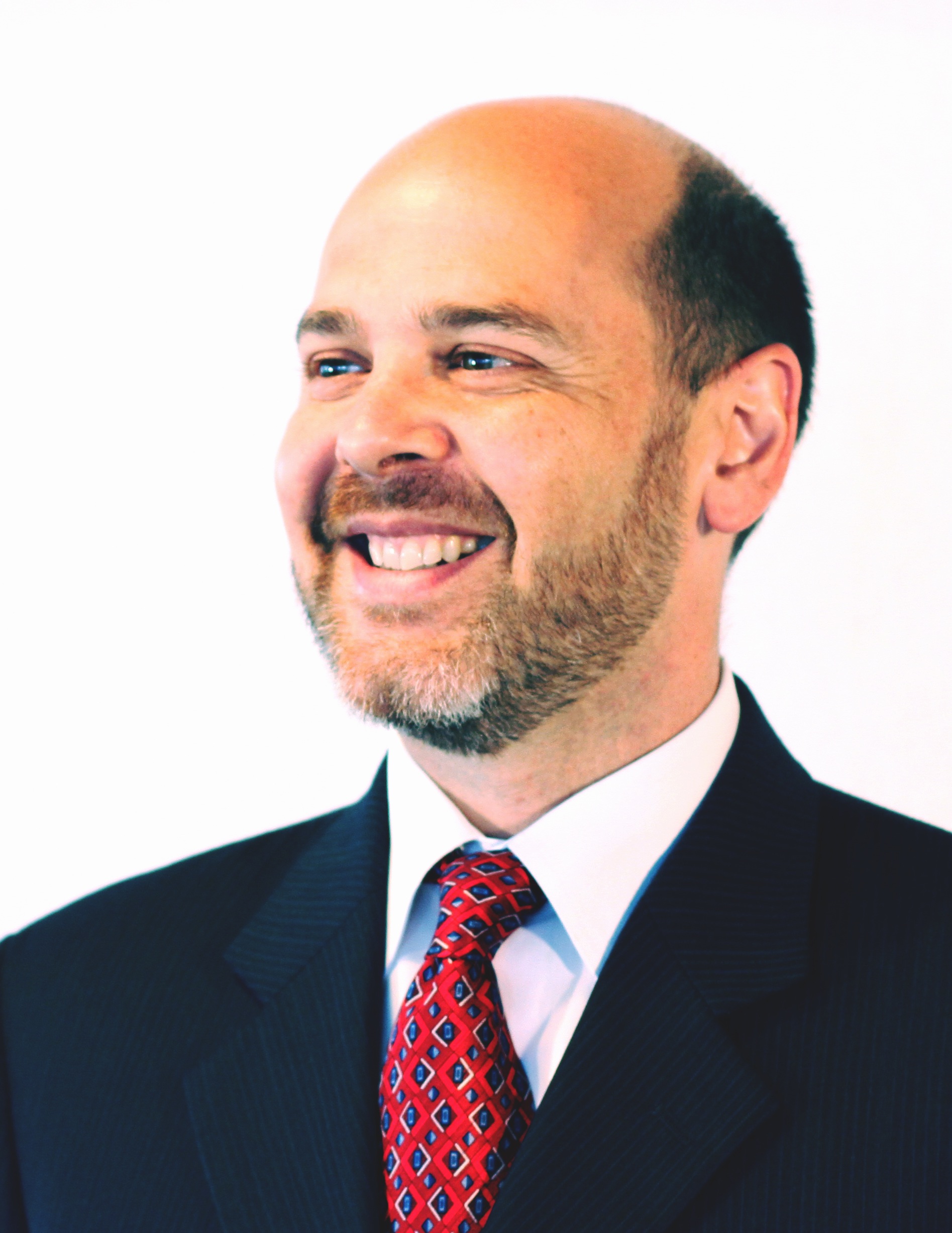Keynote Speakers
|
Speaker: |
Mr. Omar Shaban, Director
of Global Operations, Corporate Affairs, Cisco
|
|
Title: |
Education, Collaboration,
and CSR – Making the World a Better Place
|
 |
Omar
is responsible for Global Operations, Product Management,
Business Intelligence and Strategic Partnerships for
the Cisco Networking Academy Program, and the Corporate
Affairs organization in general. During his 14 year
tenure at Cisco, Omar has led Sales Engineering, Competitive
Marketing, Skillset Development, Education and CSR organizations.
Prior to Cisco, Omar worked at Netigy (an IT consulting
startup), HP, IBM and Nortel, and has held positions
in IT, Software Development, Consulting and Sales. Omar
has a BS in Computer Science from North Carolina State
University, and an MS in Telecommunications from the
University of Colorado at Boulder. Omar has over 20
years of experience in the ICT and Education areas,
and is passionate about Education and giving back to
the less fortunate through Education and Technology
|
|
Abstract: |
Many
problems around the world can be solved through collaboration
and connecting people and organizations together. In
this presentation, you will hear how Collaboration,
Education and Corporate Social Responsibility go hand
in hand when trying to solve the world’s biggest problems.
In this talk, you will hear about real problems that
are tackled on a daily basis through Public Private
Partnerships using ICT Technology.
|
|
|
|
| |
|
|
Speaker: |
Mr. Deniz Kilyar, Director
of Cloud & Line of Business Applications at SAP
MENA |
|
Title: |
Digital Economy Transformation
introduces Challenges and Opportunities |
 |
Mr.
Deniz Kilyar, Director of Cloud & Line of Business
Applications at SAP MENA, leads the Line of Business
and Mobility Solutions team in SAP, across Middle East
and North Africa. He has over 15 years of experience
in the Enterprise Applications Industry in senior roles,
covering diversity of industries such as Public Sector,
Oil & Gas, Utilities, Process Manufacturing and
Wholesale / Distribution. He started his career as Operations
Analyst at Coca-Cola in Istanbul and holds Industrial
Engineering degree from Middle East Technical University
Ankara, Turkey and Executive MBA from London Business
School
|
|
Abstract: |
There
is an unprecedented pace of change going on in the way
business is conducted. People, as consumers of the services
or as employees of enterprises interact differently.
Technology innovation leads the transformation of the
business from simply digitizing the usual processes
to innovating new processes. The decisions that enterprises
will make today on the technology strategy will determine
the innovation capacity they will build, agility in
face of competition and hence the survival in next decade.
|
|
|
|
|
Speaker: |
Prof. Dr.-Ing. Dr.
h.c.
Gerhard Fettweis, Vodafone Chair Professor
|
|
Title: |
5G Cellular: The Tactile
Internet Will Change the Planet |
 |
Gerhard
Fettweis earned his Ph.D. under H. Meyr's supervision
from RWTH Aachen in 1990. After one year at IBM Research
in San Jose, CA, he moved to TCSI Inc., Berkeley, CA.
Since 1994 he is Vodafone Chair Professor at TU Dresden,
Germany, with 20 companies from Asia/Europe/US sponsoring
his research on wireless transmission and chip design.
He coordinates 2 DFG centers at TU Dresden, namely
cfaed
and
HAEC.
Gerhard
is IEEE Fellow, member of the German academy acatech,
and his most recent award is the Stuart Meyer Memorial
Award from IEEE VTS. In Dresden he has spun-out eleven
start-ups, and setup funded projects in volume of close
to EUR 1/2 billion. He has helped organizing IEEE conferences,
most notably as TPC Chair of ICC 2009 and of TTM 2012,
and as General Chair of VTC Spring 2013 and DATE 2014.
|
|
Abstract: |
Wireless
communications as known today enables to connect devices
and people for exchanging content, being multimedia
and/or data. The data rates of wireless communications
continue to increase, mainly driven by innovation in
electronics. An overlooked breakthrough is soon to happen,
once the latency of communication systems becomes low
enough to enable a round-trip delay from terminals through
the network back to terminals of approximately 1ms.
This is the response of human tactile to visual feedback
control. In this case wireless communications networks
can be the platform for enabling to control and steer
real and virtual objects in many situations of our life.
Almost no area of economy will be left untouched, with
examples being health & care, mobility, education,
manufacturing, smart grids, and many more. The Tactile
Internet will become a driver for economies and innovation,
and will help develop societies to a new level of sophistication.
It has the potential to boost today’s world economy
of US$75T by an additional $20T over the next decades.
|
|
|
|
| |
|
|